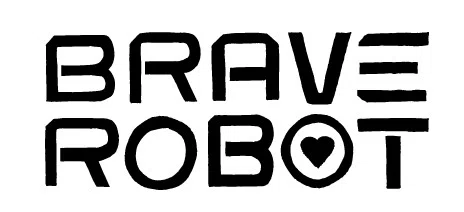
Perfect Day’s non animal whey protein – which now features in ice cream brands including Brave Robot, Nick’s, and Graeter’s, with more high-profile launches in the works – is produced via a strain of the filamentous fungus Trichoderma reesei and is identical to commercially available bovine-produced β-lactoglobulin. Rather than raising farm animals, companies in the 'precision fermentation' space such as Perfect Day use DNA sequences which function like strings of computer code to instruct host micro-organisms (fungi, yeast, bacteria etc) to produce specific animal proteins when fed with sugars and other nutrients in big fermentation vessels, a technology that has been used in the food industry for years to produce everything from beta-carotene to vitamin B2. How is the animal-free whey protein made? After utilities, the protein development phase - due to the production of glucose via starch hydrolysis - contributes 25% to total GHG emissions. The primary driver of GHG emissions for Perfect Day whey protein is utilities (natural gas and electricity), which contribute 40% to total GHG emissions. "The co-product is high in proteins and other components (e.g., vitamins, minerals) that make it valuable for domesticated pet food, and it will be sold to this market. The co-product is dried using a natural gas-powered dryer before it is sold." While the figure at the top end of the scale presupposes that there is a market for the nutrient-rich co-product of the fermentation process, which accounts for a sizeable percentage (78.3%) of the biomass by dry weight, the gap in GHG emissions between fermentation-based and animal-based production remains significant even if this co-product ends up as waste, according to the LCA. The assessment extends the scope of the LCA the company shared in April, which showed its animal-free whey generates 62-97% fewer greenhouse gas emissions than whey from cows.

The lifecycle assessment (LCA) - conducted by consultancy WSP USA and critically reviewed by a panel of independent experts in conformance with ISO Standard 14067 on GHG emissions – showed that Perfect Day's non-animal whey protein production reduces blue water consumption by 96-99%, and non-renewable energy use by 29-60% vs conventional production methods.

Emulsifiers, stabilizers, hydrocolloids.Chocolate and confectionery ingredients.


Plant-based, alt proteins, precision fermentation.


 0 kommentar(er)
0 kommentar(er)
